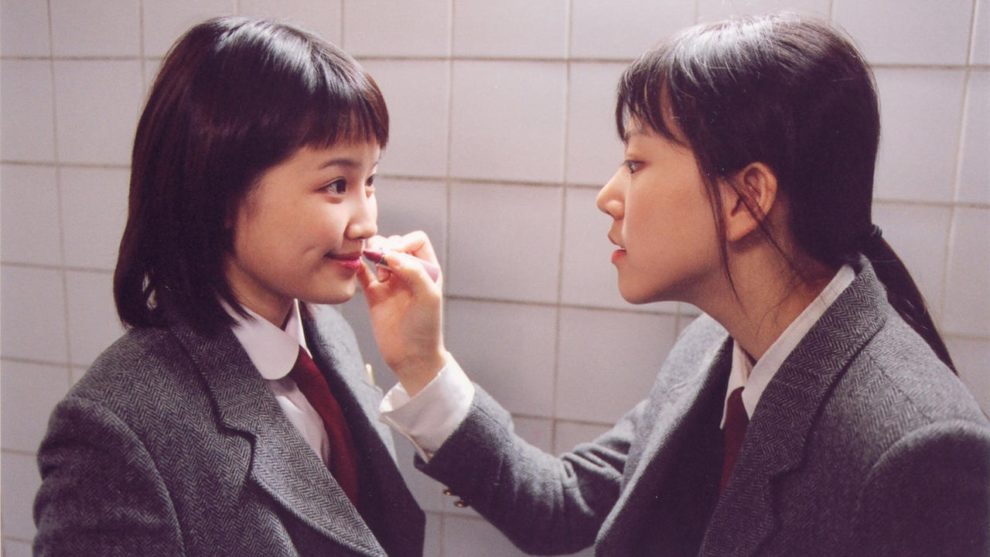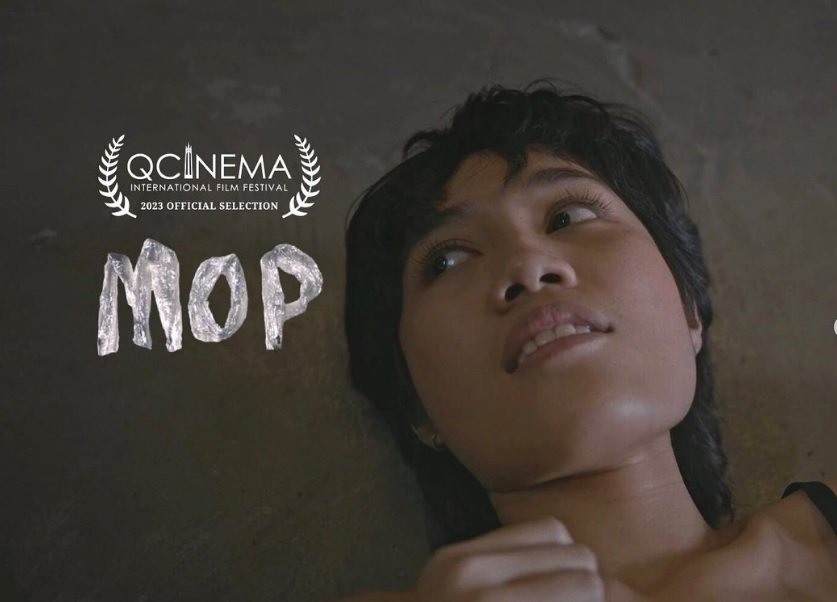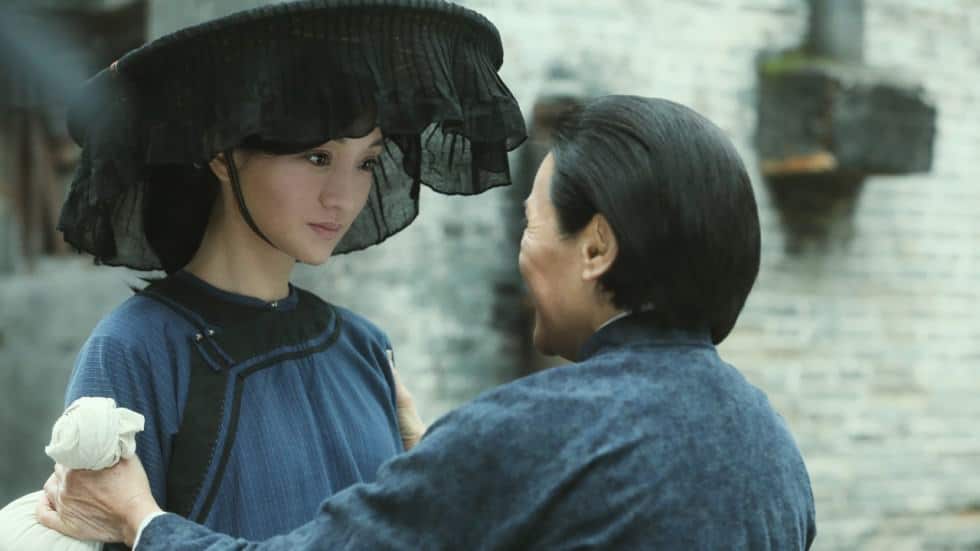While the discussion about Kim Ki-duk's works often focuses on their portrayal of violence and exploitation, these views often fail to recognize the spiritual and human layers within such features as “Bad Guy” or “The Isle”. Especially after his work on “Spring, Summer, Fall, Winter, and Spring” these concepts became increasingly more relevant and thus dominant, posing questions about the significance of spiritual expression and experience within our modern society. Even though this did not exactly translate into box office success, creatively, the director's work became more and more interesting in the 2000s as he explored issues like morals, humanity and time. In his 2003 feature “Samaritan Girl” (also titled “Samaria” in some regions), Kim Ki-duk created some kind of transition from the world of his movies from the 1990s to the aforementioned concepts, resulting in a story about friendship, generational gaps and the meaning of true love and compassion.
Divided into three parts, named “Vasumitra”, “Samaria” and “Sonata”, the story revolves mostly around the extraordinary friendship between two school girls, Yeo-jin (Kwak Ji-min) and Jae-yeong (Han Yeo-reum), as well as Yeong-ki (Lee Eol), Yeo-jin's father and a police officer. In order to make money for a trip to Europe, Jae-yeong has started prostituting herself while her friend watches outside the motel where she meets her clients, always on the lookout for the police. Over time, her friend has come to a certain understanding about having sex with these men, seeing it more as a spiritual experience, offering solace and warmth to them, which profoundly irritates Yeo-jin, especially after her friend's confession of having fallen in love with one of their clients.

However, as the police show up while Yeo-jin is distracted, Jae-yeong jumps from the window of the motel room, causing a severe head trauma and injury which leads to her eventual death. Grief-stricken and feeling guilty, her friend goes on to re-visit their clients, eventually taking over the role of the prostitute and Jae-yeong's attitude on sex. By coincidence, Yeong-ki, while investigating a murder, learns about his daughter's secret life and begins his own journey in following the men she meets and taking revenge for what they have done.
Similar to his other works, Kim Ki-duk's “Samaritan Girl” is set on those areas usually considered outside the “normal” society or even taboo. The way those concepts, like prostitution, are perceived, becomes quickly established in the way the two girls think about what they are doing, with Yeo-jin seeing it as a means to an end whereas her friend expresses delight in the kind of solace and spiritual satisfaction she is able to provide. Throughout the story, the characters, as well as the viewer, is confronted with the perception of the experiences and observations which Jae-yeong talks about being abnormal since she does something that is labeled as a taboo topic or even “dirty”, which becomes apparent in the almost obsessive idea of washing and cleaning, expressed mostly by Yeong-ki. Rather than discussing the implications of teenage prostitution, Kim Ki-duk chooses a more abstract, controversial approach, challenging the idea of taboos and certain activities which are kept on the edges of our “normal” society.
Using a rather minimalist approach, defined by static camera angles which often contradict the dramatic and violent events of the story, the director focuses on the dynamics between his characters and their development. Each segment follows one of them and explores their way of dealing with the repercussions of their actions, their guilt as well as the gap between them, the world and to those they love the most. Perhaps the most interesting angle sees Yeong-ki venting his growing frustration, anger and helplessness into violence, a common aspect in Kim Ki-duk's features when it comes to dealing with emotions which otherwise cannot (or should not) be expressed. His cast, especially Kwak Ji-min and Han Yeo-reum, deliver great performances that become more impressive due to their subtlety and their lack of psychoanalyzing these characters, essentially handing the task over to the audience.
“Samaritan Girl” is quite an impressive feature by Kim Ki-duk who may have toned down some of the more sensationalist elements of his former works, but is nevertheless every bit as provoking and confrontational. Rather than choosing a realist approach to the story, the director's more abstract way of dealing with these characters and these events proves all the more rewarding and at times irritating, which highlights his status as one of the great artist of Korean cinema.
















